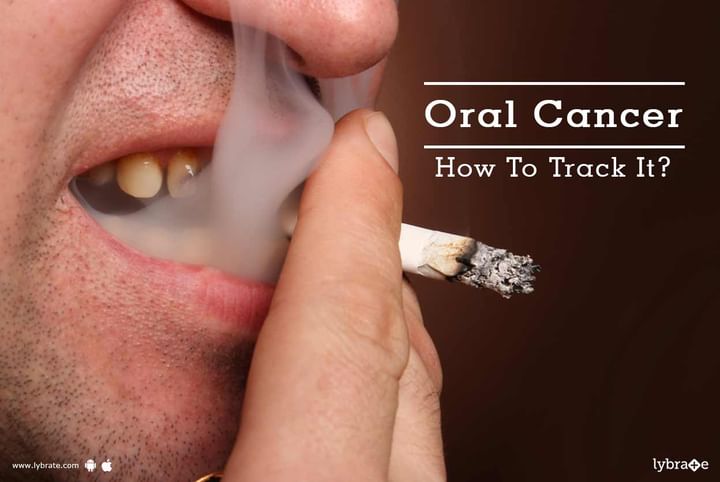Oral Cancer - How To Track It?
Oral cancer is the development of any new swelling or ulceration in mouth cavity that invades and damage the deeper tissues or adjacent tissues around the mouth. Oral cancer, like all other types of cancer, is life-threatening if not diagnosed and treated in the early stages. It can arise from anywhere in the oral cavity; mouth, throat, sinuses, hard and soft palate, floor of the mouth, gums, cheeks, tongue and lips.
Dentists are usually the first ones to notice and detect the signs and symptoms of oral cancer.
Symptoms:
The symptoms of oral cancer, especially in the first stages, seem non- threatening and similar to common oral problems. However, visiting the doctor is mandatory to rule out cancer as an option. If you suffer from one or more of the following symptoms, visit your dentist/oncosurgeon immediately:
1. Thickenings and swellings, lumps or bumps, crusts, eroded areas or rough spots on the lips, gums or surrounding regions inside or around the mouth.
2. Bleeding in the mouth that is unexplainable.
3. Persistent sores near and around the mouth or throat that bleed easily and may take more than two weeks to heal.
4. Unexplained numbness or pain and tenderness in the mouth, throat or face.
5. Development of patches which are usually speckled, red or white in the mouth.
6. Sudden weight loss.
7. Excruciating pain in your ear.
8. Loose teeth.
9. Difficulty in swallowing.
10. Lumps in your neck.
11. Stiffness or pain in your jaw.
12. Pain in your tongue.
13. Dentures that fit poorly.
Any unexplained swelling or ulcer in the oral cavity needs clinical assessment by an oncosurgeon. A biopsy id requires for confirmation of diagnosis, which is usually performed under local anesthesia. The most common risk factors are:
1. Smoking cigarettes, cigars or pipes
2. Snuff, dips or chewing tobacco
3. Consumption of alcohol excessively
4. Diagnosed with oral or throat cancer previously



+1.svg)
